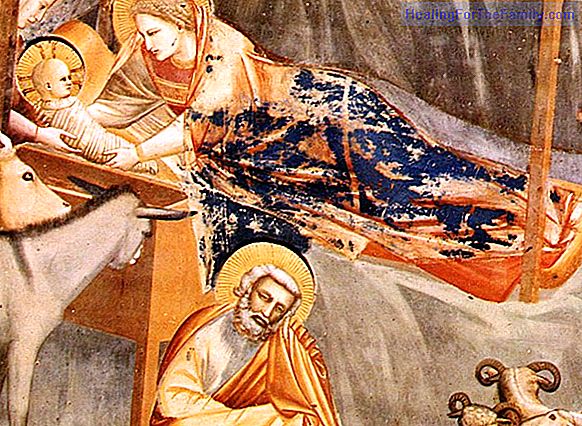Tips for traveling to Lisbon as a family
Lisbon is a highly recommended city as a destination for a few days of family vacations. Plan your trip with children to Lisbon thanks to the practical information we offer you from the Portuguese capital. See what are the holidays in Lisbon, its weather, its schedules and customs, the documentation
Lisbon is a highly recommended city as a destination for a few days of family vacations. Plan your trip with children to Lisbon thanks to the practical information we offer you from the Portuguese capital.
See what are the holidays in Lisbon, its weather, its schedules and customs, the documentation you will need for your trip or the type of plug you'll find when you arrive. Check our guide of Lisbon and enjoy your trip.
Tips before traveling to Lisbon

Climate in Lisbon
Lisbon enjoys a temperate climate, this means that autumn and winter are not very hard and that the temperature differences between the coldest months (above 5ºC in January and February) and the warmest months (above 25º or 30ºC in June and July) are not extreme.
Lisbon is not a city characterized by rain and it rarely snows in it, so the climate is dry.
Any time of the year is appropriate to go to Lisbon with children, adapting the clothes we bring to the season of the year in which we travel.
What to bring in the suitcase to Lisbon
As we have indicated, Lisbon is not a city where it rains abundantly, so we can leave the umbrella at home unless the weather report tells us otherwise.
Clothing, logically, should conform to the time of the year in which we go. In summer, when more tourists move to the Portuguese capital is quite hot, so we hardly need fresh and comfortable clothes.
In Lisbon, we will walk through the old town and its cobbled streets so that comfortable footwear is of vital importance.
Commercial hours in Portugal
Most shops open around 9:00 or 10:00 am and close at 5:00 pm, stopping at lunchtime.
On the most commercial streets, on Saturday afternoons we also find open shops.
Shopping centers have a long schedule from 10:00 a.m. to 10:00 p.m.
Restaurants in the most tourist areas of Lisbon are open almost all day, but keep in mind that the Portuguese have lunch between 12.30 and 13.30 and dinner from 19.30 to 21.30.
Banks open only on weekdays from 8:30 a.m. to 3:00 p.m.
The currency of Portugal
As a member of the European Union, Portugal has the euro (€) as its official currency, made up of 100 cents.
There are eight euro coins: 1 cent, 2 cents, 5 cents, 10 cents, 20 cents, 50 cents, 1 euro and 2 euros.
As for the euro banknotes, there are 7 different: 5 euros, 10 euros, 20 euros, 50 euros, 100 euros, 200 euros and 500 euros.
If you do not want to carry a lot of money, you can pay by credit card (Visa, MasterCard ...) in almost all establishments or withdraw money at any ATM or bank.
You can also exchange currency in the banks of Portugal, as well as in the multiple establishments destined to currency exchanges.

Language of Portugal
Portuguese is the official language of Portugal. It is a Latin language, the third most spoken in the world after Spanish and English.
It has certain similarities with Spanish, so it will not be very difficult for you to communicate with a Portuguese if both of you are interested.
Being a very tourist city you can also understand yourself speaking in English.
Plugs and electricity in Portugal
The electric current in Portugal is 220 volts, as in Spain and most of Europe. The same thing happens with the plugs, which are the classics with two rounded pins.
Medical assistance and Police
Health care in Portugal is free for citizens of the European Union who carry their corresponding European health card.
If you are a non-EU citizen, it is preferable that you inform yourself about the different travel insurance options, before starting your holiday with children to Lisbon.
For medical emergencies in Portugal you can call 112, which is the European emergency number.
Documentation and visas to travel to Portugal
Travelers residing in the European Union only need the valid National Identity Document (DNI) or passport to travel to Italy, without the need for a visa.
Non-EU travelers, however, will need a visa and a valid passport, at least three months longer than the visa.
Consult with the Portuguese embassy of your country to request the visa.
Holidays
• New Year: January 1.
• Good Friday (variable date).
• Easter: (variable date).
• Liberation Day: April 25.
• Worker's Day: May 1st.
• Deus Corpo Festival: May 30.
• Portugal Day: June 10.
• Day of the Assumption: August 15.
• Party of the Republic of Portugal: October 5
• Feast of All Saints: November 1.
• Restoration of Independence: December 1
• Immaculate Conception: December 8.
• Christmas: December 25th.












